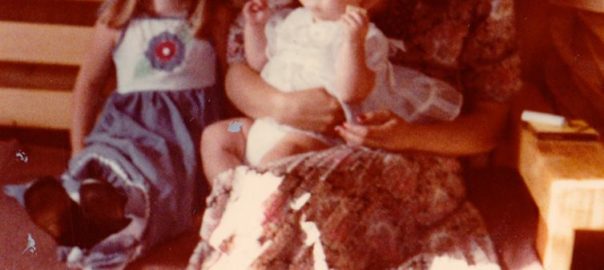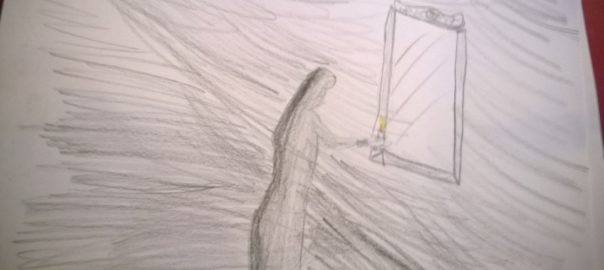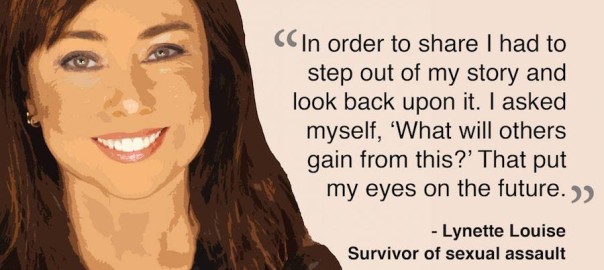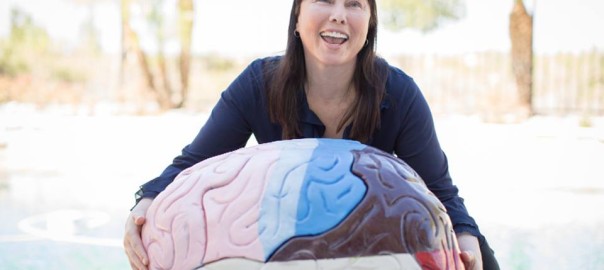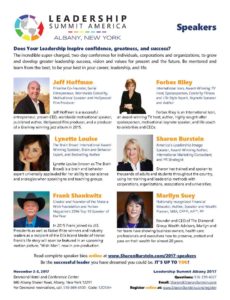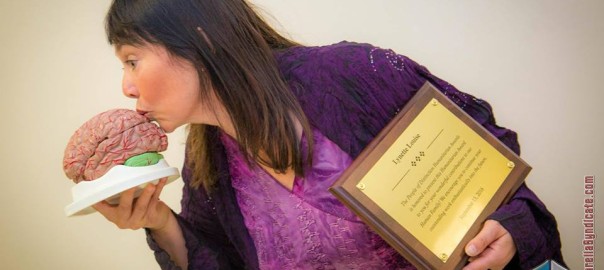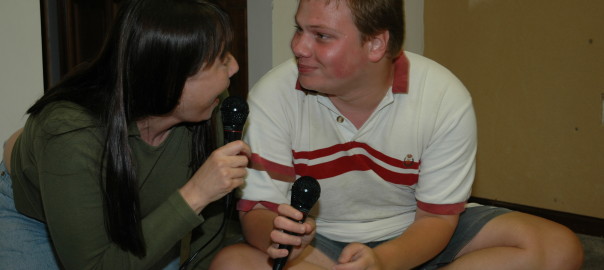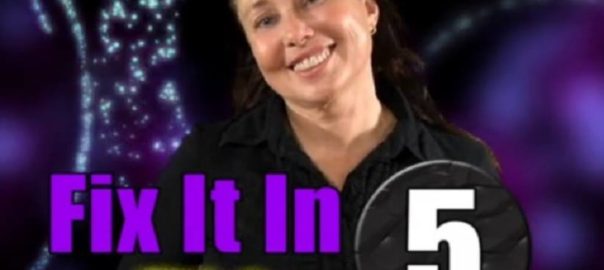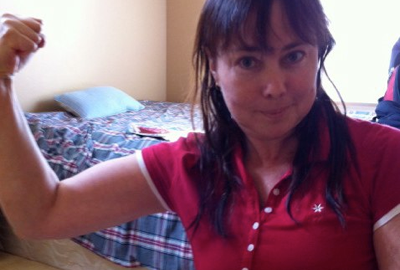David
At the request of a friend I was attending an editing workshop located in the back of a museum-like cult video and mainstream VHS rental store, buried deep in the older section of Hollywood. I was planning to create and host a docu-series on autism and comorbid conditions. So, learning to edit seemed like a good idea. Presently, this series on the journey of families around the world dealing with disability is an award-winning webshow with two seasons. Fix it in Five with the Brain Broad is available on The Autism Channel, Youtube, and Vimeo. I am still doing the paper edits on season three because hands-on editing didn’t turn out to be one of my skills.
Regardless of the fact that I did not become the show’s editor, this editing class actually did mark the beginning of my series. During this class I made professional contacts, learned the possibilities of the editor, improved my director’s eye, comprehended the value of good lighting as well as sound, and indirectly connected with both family one (Uganda) and family two (USA).
I also met David.
The 30 plus students were from all over the world, a testament to the marketing of this one-man show instructor, newsman, editor, and cameraman. I was impressed by the quality of the teaching and the reputation of the instructor as well as the talent of the students. Being in Hollywood working on film with people from around the world felt like the perfect kickoff for what I hoped would be a globally shot series. I looked around the room in a state of awe and noticed something familiar. I noticed a young man eying his hidden bag and wearing a look of hunger. I have often overstepped my pocketbook in the search for life-changing skills and opportunities, and this young man appeared to be doing the same. In this way, he looked like me. I asked him where he was from and if he needed a place to stay. He said, “Uganda” and “Yes please ma’am,” so I took him home.
I suspect he regretted that choice on the way home. California roads are very different from the roads in Uganda. A sustained 70 mph 45 minute drive was likely experienced as a death-defying ride in a NASCAR stock car. As evidenced by the fact that David hid in the backseat of my Volkswagen Beetle refusing to look at the road, pretending to sleep. I don’t remember if I warned David about my adult son with autism. Most likely I just said, “I live with lots of family. We are fun. You will enjoy it.” Because that is how I see us. A collection of caricatures clowning around and making life lovely. Besides, I probably wouldn’t have thought of it because we were tired from the class and had to get up early to do it all again the next morning. None of us (me, the grandson I brought with me to class, David) were really that talkative. So I don’t know what I told him but I do know that David was scared when he met my oversized grunting, jumping, pacing and laughing manchild. I also know he was polite about it.
David came to be a friend in my home, came to love my son, hung out with my grandkids, returned often, confided in me and shared his country and his network of friends with my series. I am not going to tell you this very long story of a very sweet friendship. I am going to share some highlights and awakenings it presented me with.
America began as the place to travel to for freedom. It was advertised as such. In order to fill the fields America was marketed as open-armed and asking people to come. So they did. They came, in wide-eyed wonder, determined to earn their place.
In that first year of friendship, I watched David grow savvy. Initially, he was surprised to discover that Rodeo Drive was not literally paved in gold. He knew all Americans were rich so he didn’t even notice that the room I let him occupy was filled with broken thrift store furniture and a mattress on the floor. He just thought of it as American and worried over his own lack of resources. One day, standing in front of me on the stairs clad in brand new bright colored fashionable clothes, he said, “Mum I don’t think you see how I live?” I returned with, “I don’t think you see how I live either, David.” I stood in my place at the bottom of the stairs pointing out things like my lack of wardrobe, jewelry, hairstyles or house maintenance.
It was a good talk full of mutual awakenings.
David had simply expected generosity from Americans because he had been trained to expect their help. Growing up in Uganda his only white woman experience was of a nun who walked to work every morning handing out candy. (I am personally infuriated by this type of false help and nutritional miseducation.)
David had many adjustments to make as he traversed the immigration system legally and well. For example, at one point I sent him to stay with friends of mine who needed a cameraman/editor and David is extremely talented at both. My friends are a married gay senior citizen couple with three enormous dogs. In Uganda being a homosexual was, at that time, punishable by death, and house pets were unusual. David hid in the bedroom and called me for emotional support. He was afraid and hadn’t yet developed the kind of crass American humor that would have helped him ferret out the jokes from the propositions.
Over time life and opportunity educated David, and me.
Though we were both speaking English we often miscommunicated. David learned english at school while I learned it at home, in Canada. One day we were working on subtitles together and he kept using the term full stop which I didn’t understand at all. I used the term period which he thought only referred to a woman’s menstrual cycle. Our confusion led to an argument because he was so sure he knew english better than I did. I was a little incensed until I looked it up and realized he was using Old English. In this way he was right, his english was better than mine, mine was just more current.
Together we learned about each other’s countries. David was still wide-eyed and wanting to stay. He said he felt more and more at home in America, an emotion made even stronger because the president of the time was an educated black man, like him.
David wanted Hollywood and all the opportunities he believed it would bring him. America was still being touted as great and, until recently, had not changed its marketing plan to shore up the population by inviting immigrants into its arms.
I have two strong memories of realizing how out of place David was. (Three if you count hiding in a bedroom afraid of gay people and house pets.)
#1 We were wandering the parking lot outside the theater and I saw his skin in comparison to ours. The parking lot and theater line were full of white people, only white people. Most of us wore demure colors and he was in bright yellow and pink with dark black skin. He seemed comfortable with us and I wondered if I would be as confident in a similar setting.
#2 We were driving through Hollywood in the early days of his visits when he saw other black men walking in the streets. On impulse, he brightened and greeted them out the window. “Hi Brothers!” he smiled. This was met with a silent somewhat sullen non-response. David verbally processed the rebuke for several miles trying to understand the difference between these blacks and his countrymen.
That day we both noticed his color. We also noticed that color wasn’t his only differentiating feature. He was an immigrant as well.
Most of the time, though, David wasn’t a black immigrant in my house. He was just David.
Because it takes time to change a reputation immigrants still flow into the USA. Because most Americans are wonderful people this reputation of opportunity and freedom is largely upheld and America actually is greater than what the homegrown folks actually see. Even with the newly encouraged hatred toward immigrants immigrating. This inability to see the beauty in one’s own country is a commonplace occurrence mainly because the people from here, the ones who have not traveled, have no comparisons in their experience bank. Instead, their knowledge bank is filled with propaganda and the lies of their lives.
Reality is a moving target. It is invented by each person via their brain capacity, sensory system, life experience, and education. It is rewritten individual to individual and blinds each and every one of us. The world we see reflects the world we expect to see until a huge flash of exploding light calls everyone’s attention to the same thing at the same moment. In that brief flash of attention getting brilliance, and for only a sizzling second of time, we have the opportunity to be the same. This paradigm-shifting experience allows us to grow better, more similar, even as we later rewrite the experience individual to individual.
* * *
Black is the only color I see.
David introduced me to a woman in need of help for her seizure ridden autistic daughter so I brought my neurotherapy equipment and my Fix It In Five film series team to Uganda.
Other than us, everyone is black. I find myself figuratively wearing David’s shoes as my eyes look around in search of sister white women. I see none.
One night my white cameraman talks me into heading for the bar across the street from us. We cross the street and see all the dark faces and white-toothed smiles listening to ethnic music. Feeling as obvious as the belly of a white whale stuck upside down in a bed of mud we simultaneously slow our pace and then stop. We are afraid. We go back to the hotel.
There is no reason for our fear. No reason other than being white people surrounded by black people. The folks here treasure white people, treat us carefully, hope for attention from us and call me queen. There is no reason for our fear. It is an emotion we brought with us from our upbringing. At this moment I admire David and his courage to live in my white neighborhood. I also understand the degree to which his life experience has shaped his expectation just as mine has shaped me.
Everywhere I go I am white. I can’t get away from myself and I draw attention everywhere. It feels worse in the evening when their skin melds into the background and mine is illuminated by the moonlight. My comfort is with my crew. And since David and his friends are part of my crew when I am with them I stop seeing the white and black, see the smiles and open arms instead. Most of the time I feel like one of them and, immersed in that comfort, I am good at my job, capable again. Until the night falls and the day wraps.
Afraid to walk about town I stood on my balcony and searched the night for white sisters. I spotted one riding a motorbike. For some reason I hoped she hadn’t seen me, felt less connected to her than to my new friends. I remembered being in Korea and feeling comforted by the sight of other caucasians wandering about and wondered if this emotionally different response was due to the black and white contrasting racism I have been unfortunate enough to witness in America. I was certain the roots of my fear came from these experiences so why not my lack of connection to other white people as well?
David showed me the way around in Uganda, educated me to local customs and protected me from harm. I did the same for him in America.
In fact, when I asked him to read this article and give me permission to use his name, this was his response:
“I’m so amazed of how good your memory is. From the color of the clothes I wore to the details of my experience and conversation with you. However, you forgot one thing: when I opened a Bank of America account and then overdrawn it thinking the bank had given me free money. You took me to the bank and you explained to them that I was new here and that I didn’t know what I had just done. You paid some of the money and asked the bank employee to forgive the rest of it, which she did .Everything is up to the point. I love the article, I wouldn’t ask you to change a thing. And you can use my name because it’s my story.”
David Kabogoza, this beautiful black immigrant friend, brought something special to my world, to my family’s world. He brought a belief in racial equality into my experience. I grew up watching my brother, the adopted native, treated with racial inequality. Seeing a different possibility through David’s eyes was a blessing.
* * *
Before the truth of this new country leads the immigrant to disappointment it also grants the opportunity for dream fruition.
David supersedes seeing everything as racially divided because he is a strong Christian who feels similarities through faith. White people brought Christianity to his country and back people embraced it. A brotherhood of faith was born. Religion, more than racial brothers, is what David responded to and knows. He connected with churches, joined congregations, and forgave abuses. While seeking status he went back and forth between countries. He worked with me on my series, ran workshops in Uganda and traveled Internationally as a cameraman for his church’s TV station. He worked hard and stayed the course.
Presently David has a green card, a wife, a house, children of mixed heritage, and a job working with his camera in hand. He made his dreams come true.
And then George Floyd was killed and the protests began.
I wondered if David was sorry now? Should I regret helping him relocate? Has his skin color brought abuse into his life without my knowing?
I am not one to sit and wonder without taking action. So I asked him.
Sometimes misinformation and the presumption of kindness make it grow. Thus being from somewhere else, with different stories and history lessons create an advantage:
Q: How are the protests affecting you?
A: It’s so sad that this is happening in America. I feel this country has changed a lot from what I knew and admired. I feel that all of this is being fueled by the president. He’s not been up to the task.
Q: Did you deal with Racism much?
A: Not really, because I put a deaf ear to it. I don’t let it bother me and that’s because I know I’m not from here. I might be wrong but i don’t feel it’s my battle to fight. I always say to myself that if racism ever gets to me, I have an option to go back home. I have a second home. I don’t expect much from this country, I’m grateful for what America has been to me so far. I Have achieved a lot in a small time I’ve been here, probably better than people who have lived here their entire life.
I agree. Being from somewhere else. I am writing a piece about that related to you. I will send it to you.
Q: What do you feel you accomplished?
A: Becoming a homeowner, financial freedom and getting promoted at work. Also, can’t believe I have a son, and a family of course. Glad you’re writing something about me.And thanks. You always held my hand.
* * *
By the way David is not my “one black friend” but he is black and he is my friend. So why could this black man succeed here while so many others can’t?
As David said, he had the emotional advantage of having another country to go to but I think it is more than that.
His life is overall better due to coming here with misinformation. That lie taught him to expect justice and be white. Since he wasn’t looking over his shoulder he didn’t appear shifty and didn’t draw suspicion. Thus, there was no one following him.
I know this from personal experience because I too am an immigrant. Our history lessons are different from yours. And so is the life experience created blueprint for our emotional reactions.
True, coming from Canada doesn’t feel like immigrating really. It is more like going to a friend’s house in search of good weather and then settling down because it feels warm and free. However, it is more than that. I came to the States to get away from Canada. In Canada I am easily made uncomfortable around police. My brother was an indian and my children disabled so we saw too many racially driven incidences of abuse. My brother ended up in jail for desperation and murdered for homelessness. My adopted disabled children were commonly petitioned out of neighborhoods. While my partying teenage daughters and all their mischievousness drew any attention that wasn’t already aimed in our direction. In Canada I experienced way too many police and social services driven altercations in defense of my multicolored multiabilitied family. I was often driven to feel anger or shame, often in the same moment. Coming to the United States of America was, for me, a breath of fresh (albeit polluted) air. Once I came here I felt better, less afraid of persecution. I was also able to see clearly the right and wrong inherent in a situation because I wasn’t already brainwashed by nationalism.
This was an unexpected perk.
The country you grow up in fills your child head with rules and regulations that reflect the time you are in. You have not matured enough to prune, sort, and filter them into their correct baskets and you are frightened into compliance by various methods of punishment. So you eat it all. Even the beliefs that are at war with each other in your head and cause stress. By the time you are an adult you just echo what you were taught and are extremely challenged to correctly assess anything without these lessons telegraphing your truth to you.
When you travel into a new country as an adult you arrive with comparisons, sophisticated thinking, and the assumed right to assess regulations. This is because the regulations that surround you are not already ingrained. This ability to look about and decide for yourself is empowering and made even stronger by a country that advertises freedom of speech and the right to protest. This is especially true when you cross cultures and integrate rather than settle into a community cradled with the people from your homeland. Luckily for me Canadians don’t cluster so the temptation to avoid seeing anew didn’t exist. Luckily for David his journey into our culture began with my invitation and initiated the integration.
David and I both came to America for the freedom and possibilities. And that is what we both got. Personally, I think everyone should have this experience, should have the right to live in whatever world brings out the best in them.
Warring against immigrants is like warring against fresh thought, self-limiting. As an immigrant it was easier for me to stay focused on getting my dream while reshaping my expectations. As an immigrant I became a better person, a better example to others, a better contributor to society. So did David.
In this way immigrants make a country stronger and are largely why this country was as strong as it used to be. It is a country of immigrants turned nationals.
And all this brings me to the argument I want to present: It is a show of faith and love to take the knee during the anthem. I am impressed by civil disobedience without violence, especially when it puts a person at risk of losing their career and reducing personal power. I admire the (wo)man that loves themself enough to take that risk and is clear headed enough to outdistance the beliefs of their upbringing and embrace a new repurposed, more accurate truth, I embrace anyone with enough faith in humankind to think such an act could actually influence the thoughts and actions of others. I believe in believing in change for the better.
Such a simple, nonviolent, visually representative thing to do: take a knee.
Honoring George Floyd and every human that George Floyd represents by taking a knee makes it even more powerful, loving, and faith inspiring.
As an immigrant I see clearly the value. I don’t believe I could have understood with so much positivity in my first country. I needed to leave home to clear my head and examine the evidence with naive eyes.
I believe that was also true of David.
He didn’t recognize the confederate wallpaper or buy into the myths and expectations of black men so he wrote a success story for himself. True, he worked hard but it was also easier for him than for the black men here in the USA.
* * *
The Davids of the world are an example of what an easier life can become.
There is a fallacy commonly embraced among the older generation (and then sold to the younger generation) that an easy life leads to a weakness of character. I do believe it is often necessary to work hard and tough it out. But that does not mean it is ever healthy to live in chaos, fear, and persecution. “Toughing it out,” is often confused with accepting abuse. It is even sold as being beneficial just because some people manage to make the best of it. I admire the people who survive and thrive after chaos. But their best would have been better had they not had to spend so much time getting over the traumas of their past. Simply put, easy is better. So if you want better people, make their life easy; don’t squash them, lift them up.
I am an old thin-skinned white woman who stands eye to eye with danger on a regular basis in my position helping violent mental health patients. I am used to being spat on, screamed at, and attacked. Fighting back and/or restraints is seldom needed. I am rarely harmed and when I do sustain an injury it is mild enough to shrug off. When my clients throw horrible words at me I recognize their adjectives and their behavior as coming from a lifetime of disorganized thought. I see the panic and forgive the lack of self-control while helping them attain it again. You would think that, with all that experience, I would be impervious to name-calling. But I am not.
If a supposedly normal person calls me out for something I actually am or did, if they misunderstand my meaning and/or throw expletives at me, I circle think, cry, yell, or go to sleep to dream of better times. I am negatively affected for hours – sometimes in a big way, sometimes in a small way – but always in a way.
Being badly treated is damaging and leaves a shadow of pain in the brain that is hard to shake. Too much shadow and it all goes dark. Once it is dark, accountability disappears and violence is often the result.
* * *
Yes, Black Lives Matter.
David’s life matters.
Not just because he is human and has a family and sires children, though those are reason enough. His black life matters because he makes our life better. He contributes to the vision of what black can be when there are fewer horrors in one’s head.
When we embrace others and ease their burdens we all get to achieve our dreams.
So take a knee. Brush away the misinformation and clear the path for success
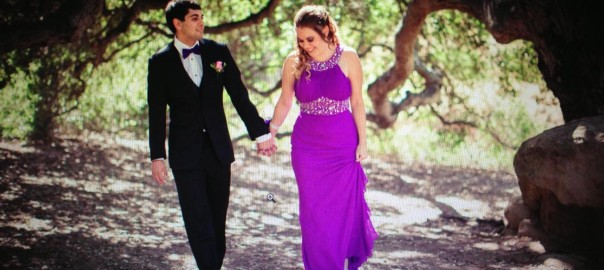

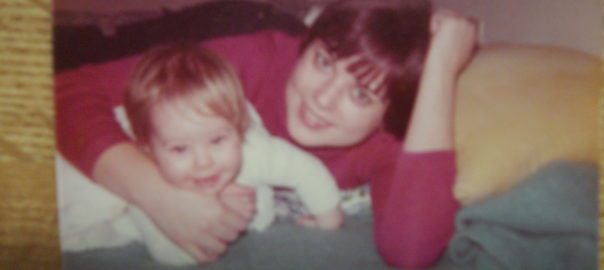

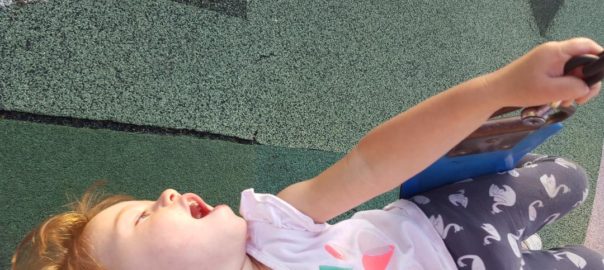
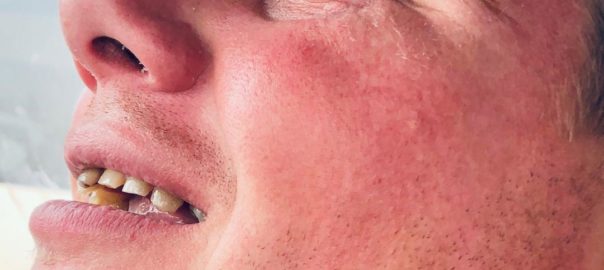
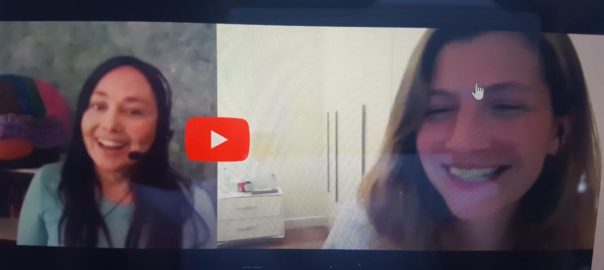

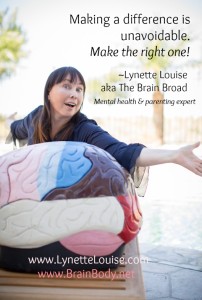
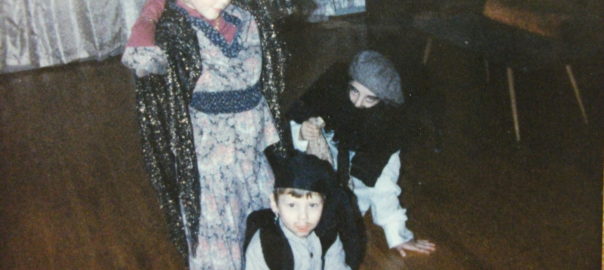
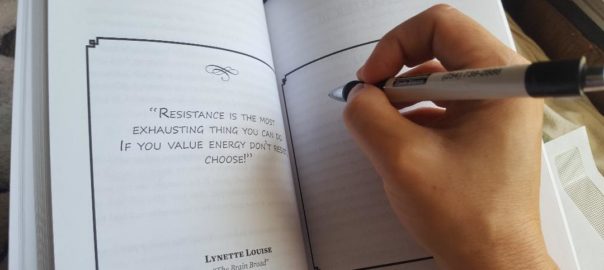

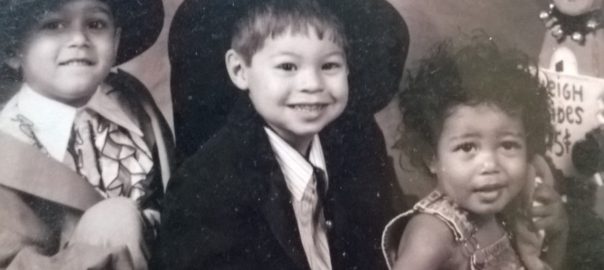
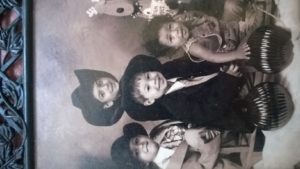
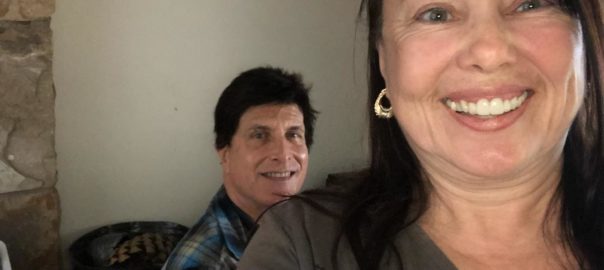
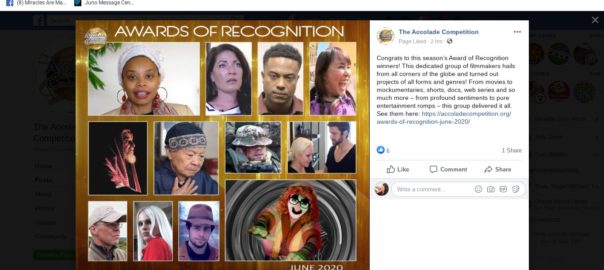

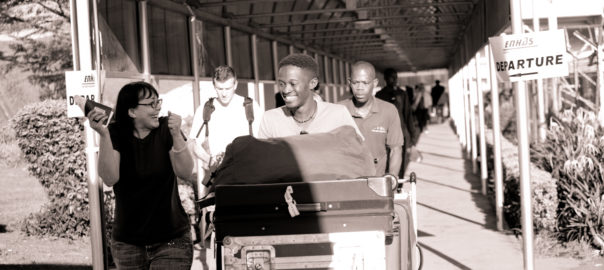
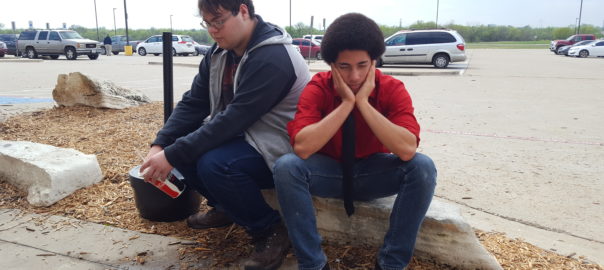
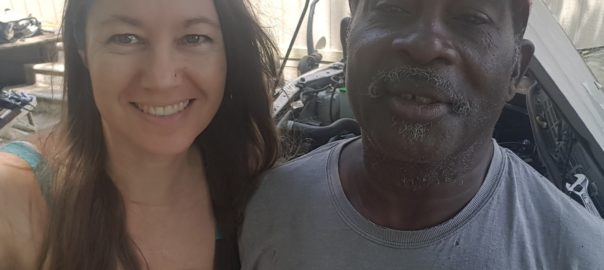
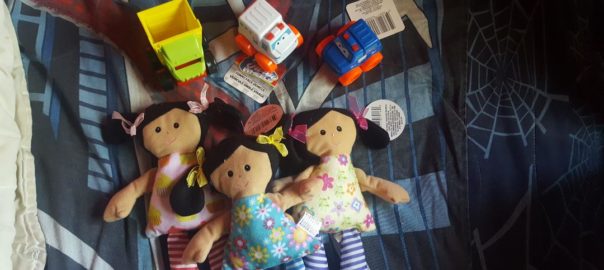
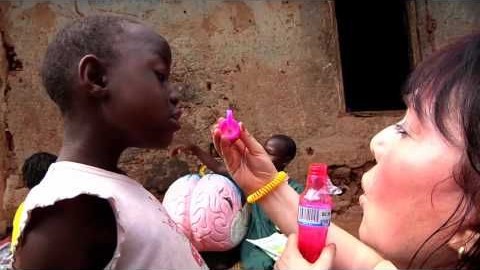
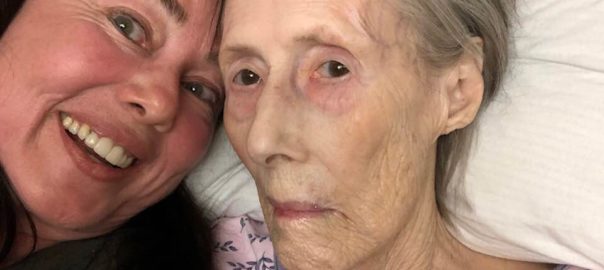
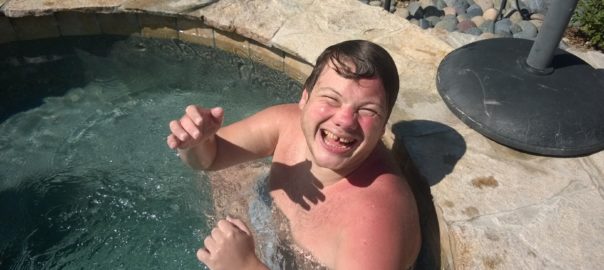
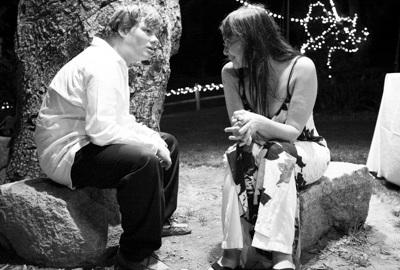
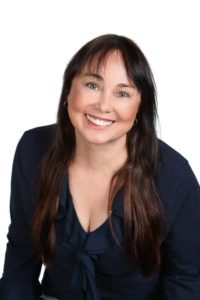
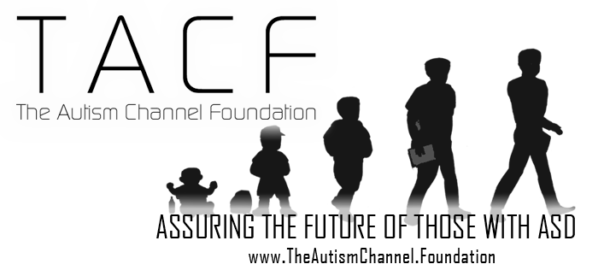
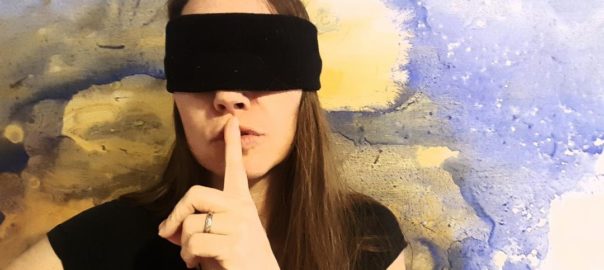

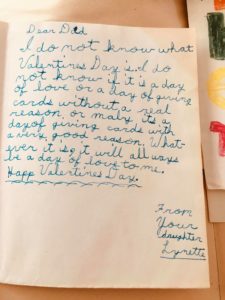
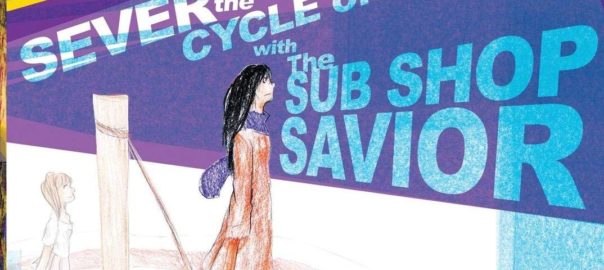

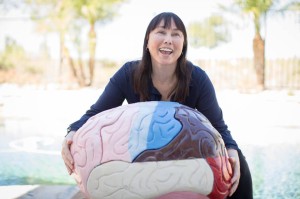 science, comedy, and stories when speaking to and teaching groups. Lynette leverages her understanding of how to harness the brain’s plasticity while tapping into her history as a comedian and songwriter, lending leaders and teams a leg up in their industry and lives. Deservedly referred to as “The Brain Broad” Lynette works tirelessly correcting brain dysfunctions and improving group dynamics both at home and abroad. Dr. Lynette Louise is the single mother of eight grown children (six adopted, five cognitively challenged) and is a passionate advocate for children and families facing adversity around the globe.
science, comedy, and stories when speaking to and teaching groups. Lynette leverages her understanding of how to harness the brain’s plasticity while tapping into her history as a comedian and songwriter, lending leaders and teams a leg up in their industry and lives. Deservedly referred to as “The Brain Broad” Lynette works tirelessly correcting brain dysfunctions and improving group dynamics both at home and abroad. Dr. Lynette Louise is the single mother of eight grown children (six adopted, five cognitively challenged) and is a passionate advocate for children and families facing adversity around the globe.
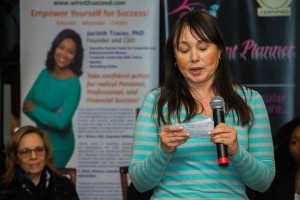 passionately to share knowledge and skills that gift all people, particularly outliers and outcasts, with actionable information and belief shifting science that enhances their lives. “My intention is to become an unstoppable presence in the world of motivation and mental health, “explains Dr. Lynette Louise. “As a speaker, show host, clinician, and mom I have taught and proven again and again that we MUST raise the bar on what can be accomplished – regardless of labels, stigma, or imagined obstacles – by ourselves and our children. With motivation, brain change, and behavior tips, we can all hone necessary skills to be successful in our own lives and in our capacity as citizens of the world. Besides,” adds The Brain Broad with characteristic excited energy, “it’s fun!”
passionately to share knowledge and skills that gift all people, particularly outliers and outcasts, with actionable information and belief shifting science that enhances their lives. “My intention is to become an unstoppable presence in the world of motivation and mental health, “explains Dr. Lynette Louise. “As a speaker, show host, clinician, and mom I have taught and proven again and again that we MUST raise the bar on what can be accomplished – regardless of labels, stigma, or imagined obstacles – by ourselves and our children. With motivation, brain change, and behavior tips, we can all hone necessary skills to be successful in our own lives and in our capacity as citizens of the world. Besides,” adds The Brain Broad with characteristic excited energy, “it’s fun!” For many reasons a relationship with Dr. Lynette Louise and ALL Ladies League is sustainable and synchronistic. Humanitarian efforts around the world, caring for ALL regardless of gender, abilities, or inclinations, being vocal and inclusive while being clear and concise; and most precisely it is the belief in equality without divisiveness that speaks volumes for the similarities of both Lynette’s core meaning and ALL Ladies League’s movement and mission. As stated on the
For many reasons a relationship with Dr. Lynette Louise and ALL Ladies League is sustainable and synchronistic. Humanitarian efforts around the world, caring for ALL regardless of gender, abilities, or inclinations, being vocal and inclusive while being clear and concise; and most precisely it is the belief in equality without divisiveness that speaks volumes for the similarities of both Lynette’s core meaning and ALL Ladies League’s movement and mission. As stated on the 


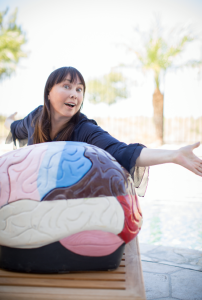 behavior expert who teaches a unique and effective approach to continual success and growth. An award winning author, speaker, opinion writer, host, recognized humanitarian, and consultant Lynette is universally applauded for her skilled use of science, comedy, and stories when speaking to and teaching groups. Lynette leverages her understanding of how to harness the brain’s plasticity while tapping into her history as a comedian and songwriter, lending leaders and teams a leg up in their industry and lives. Deservedly referred to as “The Brain Broad” Lynette works tirelessly correcting brain dysfunctions and improving group dynamics both at home and abroad. Dr. Lynette Louise is the single mother of eight grown children (six adopted, five cognitively challenged) and is a passionate advocate for children and families facing adversity around the globe.
behavior expert who teaches a unique and effective approach to continual success and growth. An award winning author, speaker, opinion writer, host, recognized humanitarian, and consultant Lynette is universally applauded for her skilled use of science, comedy, and stories when speaking to and teaching groups. Lynette leverages her understanding of how to harness the brain’s plasticity while tapping into her history as a comedian and songwriter, lending leaders and teams a leg up in their industry and lives. Deservedly referred to as “The Brain Broad” Lynette works tirelessly correcting brain dysfunctions and improving group dynamics both at home and abroad. Dr. Lynette Louise is the single mother of eight grown children (six adopted, five cognitively challenged) and is a passionate advocate for children and families facing adversity around the globe.

 This book is of great value to anyone with the desire to know themselves at a deeper level and to gain perspectives and insights that will help them continue to build a ‘greater” them. (The definition of what it means to grow oneself into greatness is decided by the reader at the beginning of the book with many opportunities to edit, change, reiterate, or reinvent along the way.)
This book is of great value to anyone with the desire to know themselves at a deeper level and to gain perspectives and insights that will help them continue to build a ‘greater” them. (The definition of what it means to grow oneself into greatness is decided by the reader at the beginning of the book with many opportunities to edit, change, reiterate, or reinvent along the way.)
